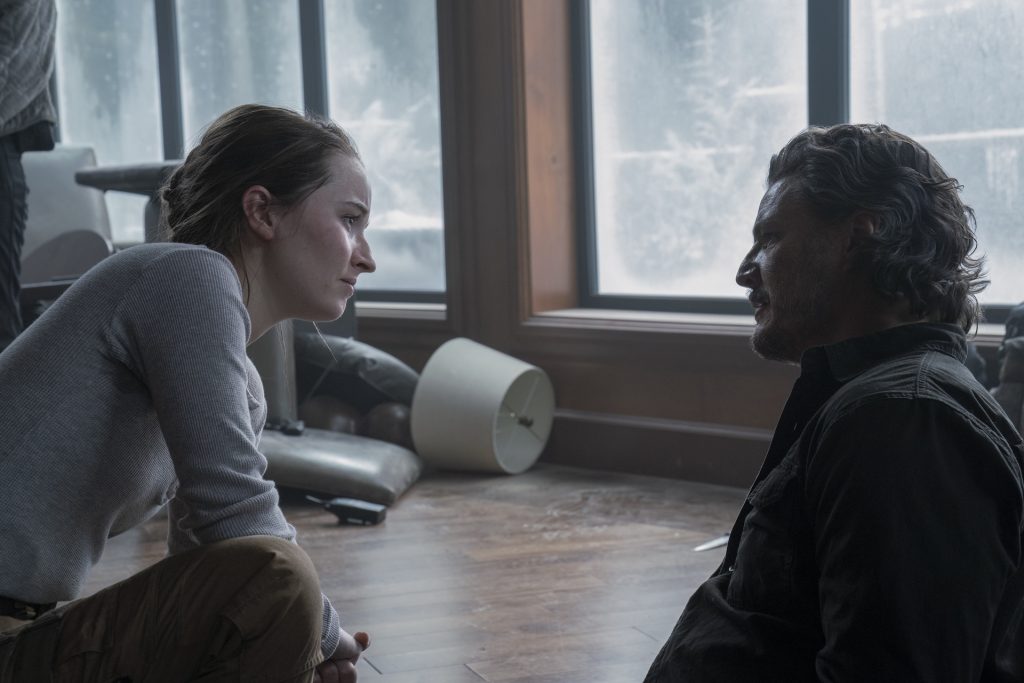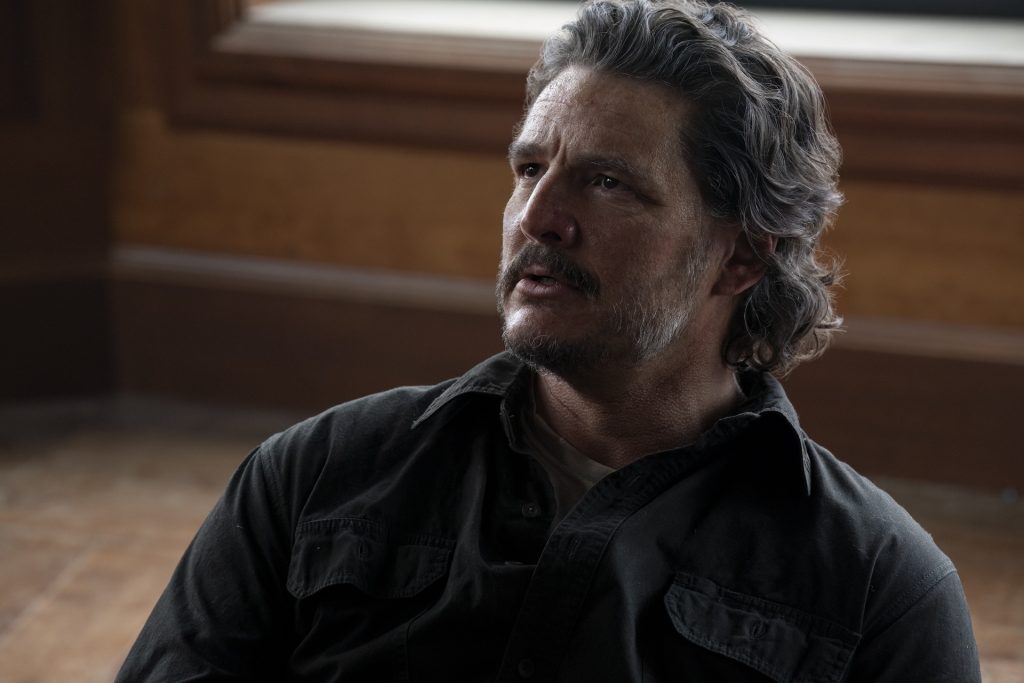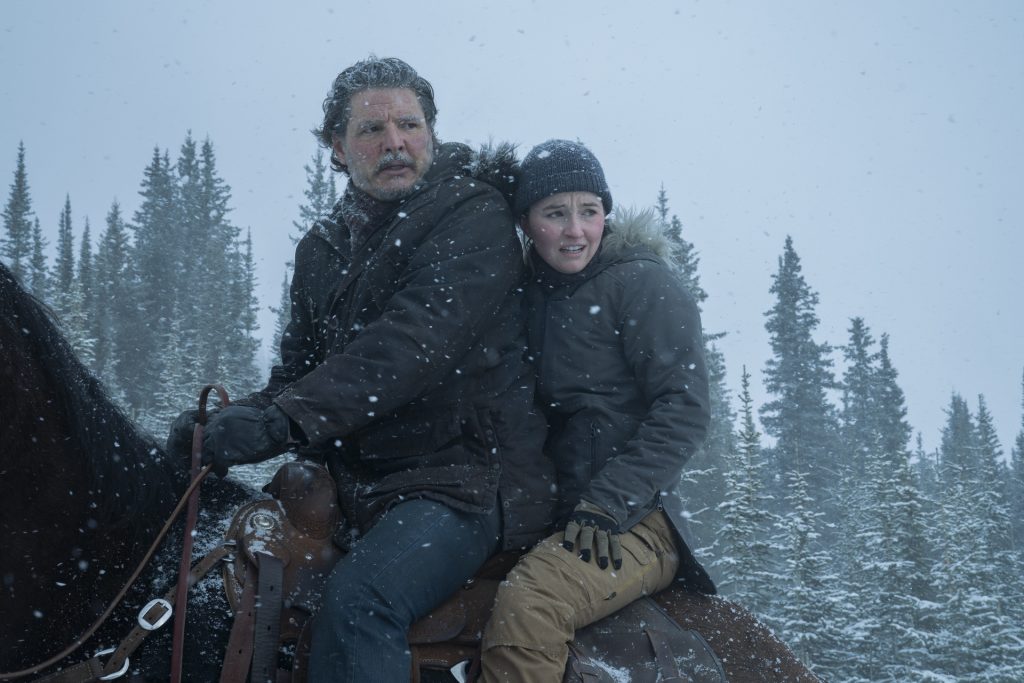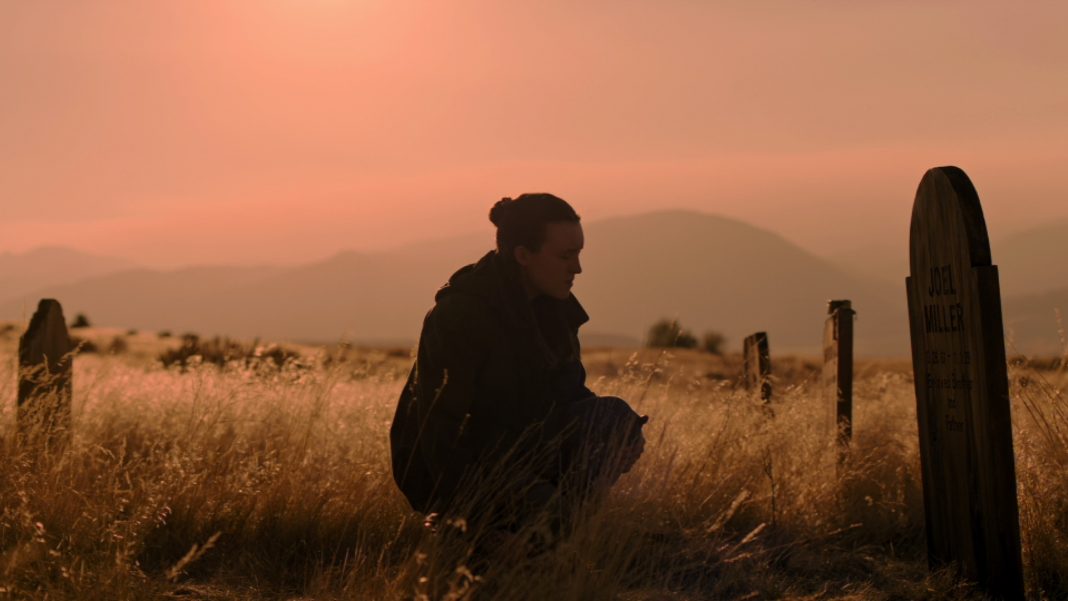Attention: Major spoilers for Season 2, episode 2 of The Last of Us below.
In what was probably the worst kept spoiler in recent TV history, HBO’s The Last of Us finally revealed the method and manner of Joel Miller’s (Pedro Pascal) death this week, and it was just as bleak as those who knew what was coming suspected it might be.
Episode 2, “Through the Valley” saw Abby (Kaitlyn Dever) succeed in her mission to kill Joel, the man responsible for both murdering her father and eliminating the last of the Fireflies in the finale of the first season.
The hour saw Jackson besieged by a massive hoard, spurred towards the township by a disturbance in the vast underground cordyceps network nearby. While Tommy (Gabriel Luna), Maria (Rutina Wesley), and the inhabitants of Jackson worked — impressively at that — to contain the threat, Joel and Dina (Isabela Merced) ran into and rescued Abby before being lured to the ski lodge where Joel was tortured to death.

For some, especially those unfamiliar with Naughty Dog’s The Last of Us video game series, from which the TV show is adapted, Joel’s death feels premature, taking place in the second hour of a highly anticipated season that debuted only last week. Writer and director Craig Mazin was at hand Monday to reassure fans there will still be plenty of Joel ahead this season, via flashbacks. However, game fans are aware those moments were actually few and far between in The Last of Us 2 (TLOU2), and sandwiched between scenes of Ellie’s bloodthirsty revenge.
Reading both critical reviews and the online comment sections this week it’s clear many fans of the TV show feel flashbacks are a poor substitute for the show’s lead actor going forward. (The series has already been renewed for Season 3.) For others, the death feels like a puzzling creative choice. What everyone can agree on however is that the show is, for the most part, faithfully following the game series’ major storytelling beats to the letter.

When Joel was bludgeoned to death by Abby in The Last of Us 2, the game studio and its actors — especially Laura Bailey who provided the voice for Abby — received prolonged and visceral negative feedback from certain sections of the gaming community. Bailey was even the subject of death threats from deranged so-called fans, unable to muster the emotional maturity and will to separate the actor from her character. (Note: Abby was actually a composite of 3 women: Bailey’s voice and motion capture, Jocelyn Mettler’s face, and an impressively muscled body provided by Colleen Fotsch rounding out the trio.) While the level of fan furore for the TV series death has not hit the same levels on the froth-o-meter this time around (perhaps because many already knew what was coming), this week’s hour of TV has reignited the conversation around the contentious move to off the show’s main character.
While TLOU2 was almost universally praised for its story, gameplay mechanics, combat, graphics, and acting (with Troy Baker as Joel and Ashley Johnson as Ellie cited among the standout performances), some critics at the time questioned the dissonance between the story’s statement against violence and its absolute necessity during gameplay.

TLOU2 set out to teach the lesson that the cycle of revenge is wrong — a rather simple premise for such a complex and beautifully realized world. Or perhaps in hindsight the game just didn’t really have that much to say at all. In fact, the overarching lesson was not one that players could ever actually fully explore or come to grips with for themselves, as violence was the only path forward for every character.
Provocatively, TLOU2 also thew players into Abby’s shoes directly after Joel’s death, forcing them to play as that character for some time before switching back to Ellie again. Naughty Dog explained at the time this was a creative decision to push players to empathize with Abby, and to see her as human, despite her flawed actions and heightened emotional state. However, for a game that wanted players to slowly unpeel the nuanced layers of the human condition, that light-bulb moment of understanding might have been achieved in more creative ways that didn’t offer the illusion of choice, only to withdraw it in such a heavy-handed manner at key intervals.
Clunky and heavy-handed narrative aside, TLOU2 offered fans something the TV show can never replicate — a truly immersive and brilliantly realized environment that can be returned to over and over again. You can hate what happened to Joel in the game, despise or empathize with Abby, feel horrified or vindicated by Ellie’s actions, and still grab a game controller and get stuck in.
But you can’t do that with a TV Show.
On TV, where there is no player choice at all, narrative and character are king.
These two elements — the beating heart of any TV show — are what drive audience engagement and emotional investment. I don’t need to refer back to my writing class notes of yesteryear to be able to say without a doubt that a compelling narrative provides the structure, purpose, and momentum that keeps viewers hooked through conflict, resolution, and evolving story arcs. There’s no point in tuning in next week if, as a viewer, you feel there isn’t a a world that feels alive and worth returning to.
Characters, on the other hand, are the emotional anchor. Well-developed, relatable, or just plain intriguing, they give viewers someone to root for, empathize with, or, in the case of Abby this week, love to hate. Their growth, relationships, and choices make the story meaningful, as audiences connect to their struggles and triumphs. Without a strong narrative, a show can feel aimless. Without rich characters, it risks being emotionally hollow.
Together, and if done well, narrative and character make a show a ratings juggernaut. Without them they make a show canceled.
Which brings us back to Joel’s death.

TLOU2 is still an enjoyable rollercoaster of an experience without Joel, and without a deep or more nuanced storyline (just look at the number of remasters and collector’s edition announcements from Naughty Dog for proof of that). However the TV series now faces a quandry: how to remain faithful to the source material when the best part of the TV show hinges on the very weakest part of the video game series.
Or does it?
Both HBO and The Last of Us writer and director Craig Mazin have proved that deviations from the anvil blows of Naughty Dog’s unrelentingly miserable narrative are possible. In season one, Mazin penned the episode “Long, Long Time,” reimagining the originally bitter and wretched storyline of side characters Bill and Frank as a tragic and poignant love story.
The overhaul elevated the characters and narrative into a sphere surpassing Naughty Dog’s version in TLOU2. Fans and critics discussed the hour for weeks following its airing. Both Nick Offerman (Bill) and Murray Bartlett (Frank) were nominated for Primetime Emmys in the category of Outstanding Guest Actor in a Drama series, with Offerman clinching the award on the night.
While Bill and Frank’s story in the game was little more than a grim footnote, the TV series has shown it is capable of alchemy when given the opportunity and the space to create something new. And while TV series fans may now be asking themselves if continuing to watch without Pedro Pascal’s Joel Miller is something they really want to do going forward, especially given the tremendously dark path the show is about to take viewers down, I feel confident that Mazin’s creative touch will continue to elevate and illuminate the show when it’s needed most.
When you’re in the darkness
… Look for the light.





